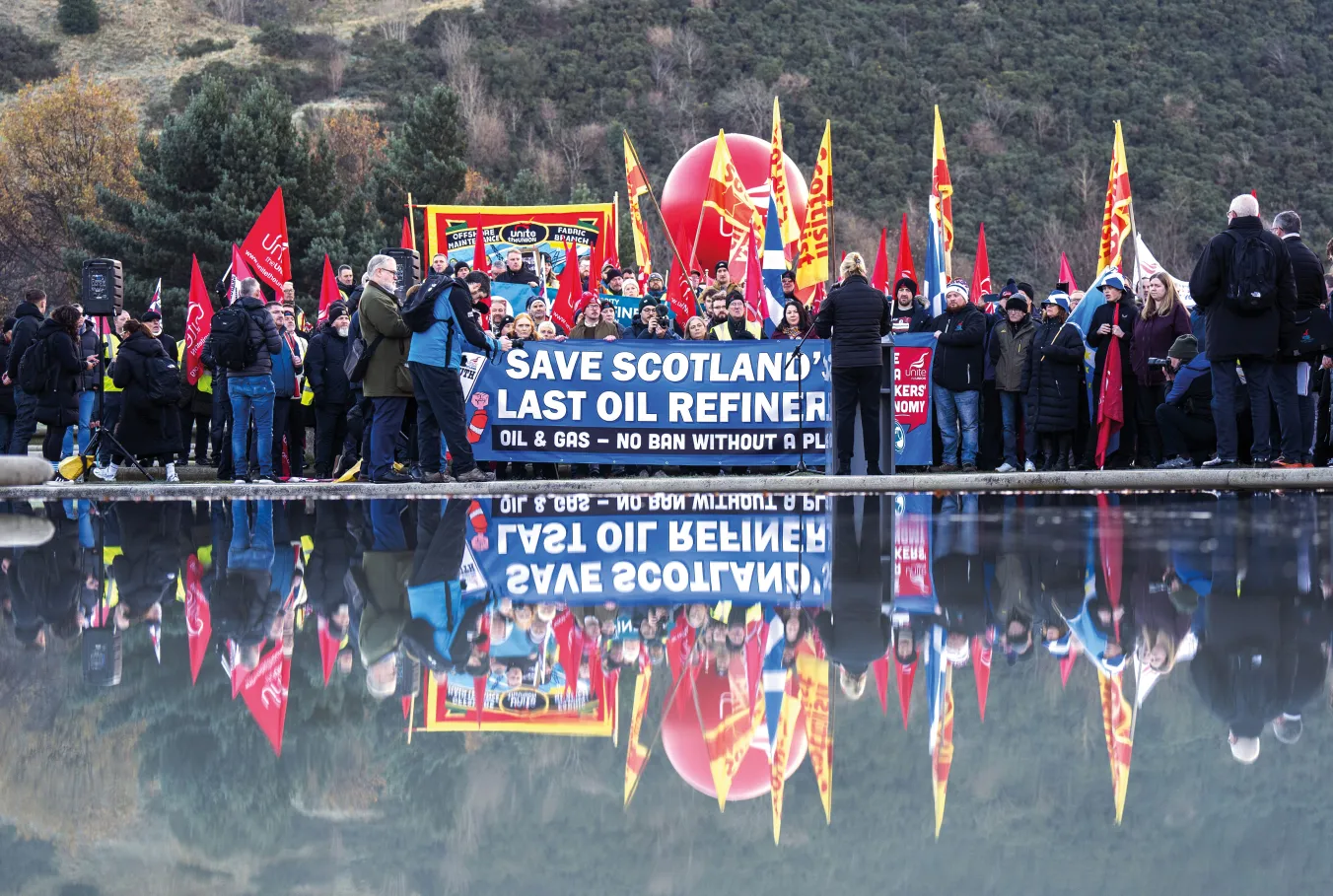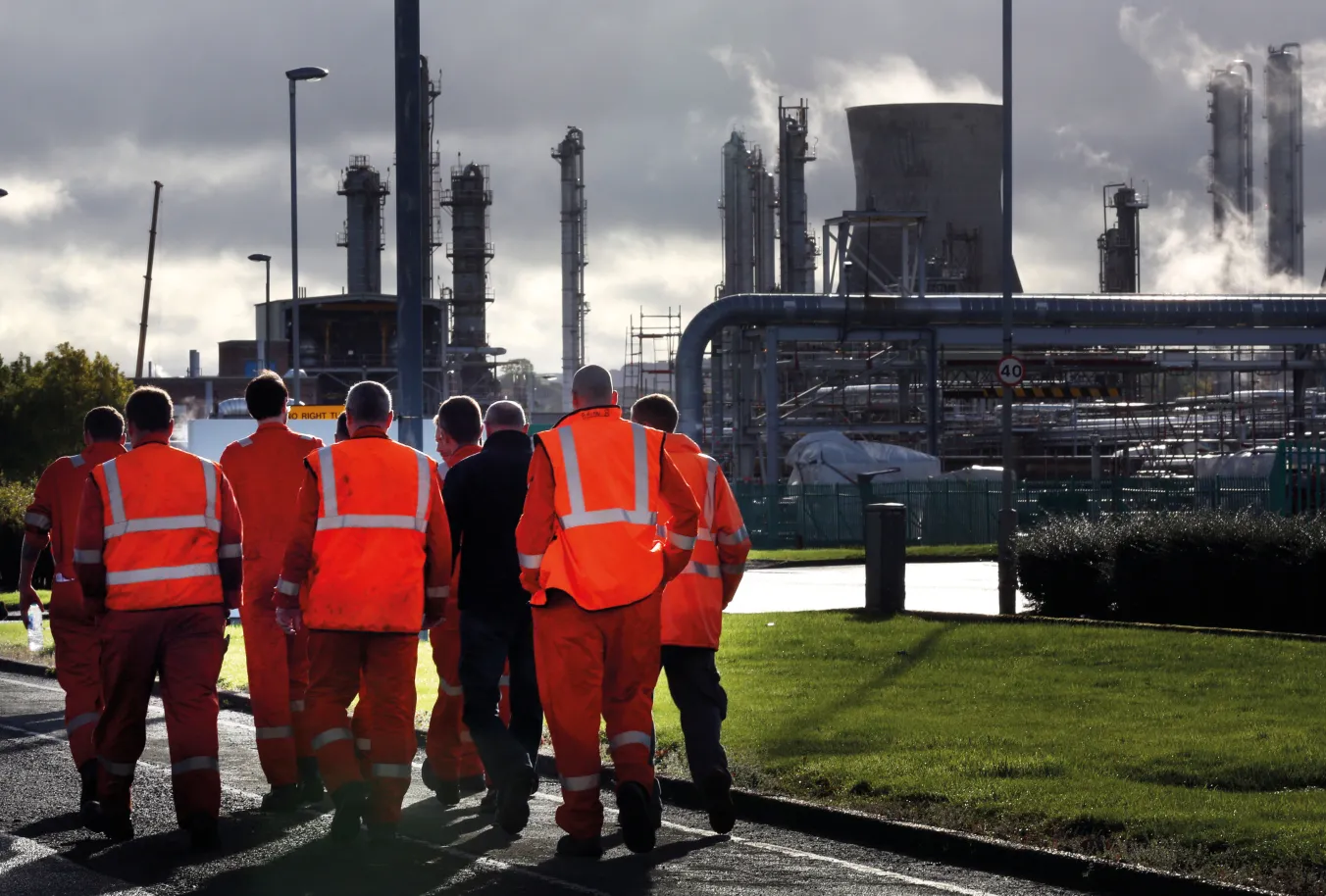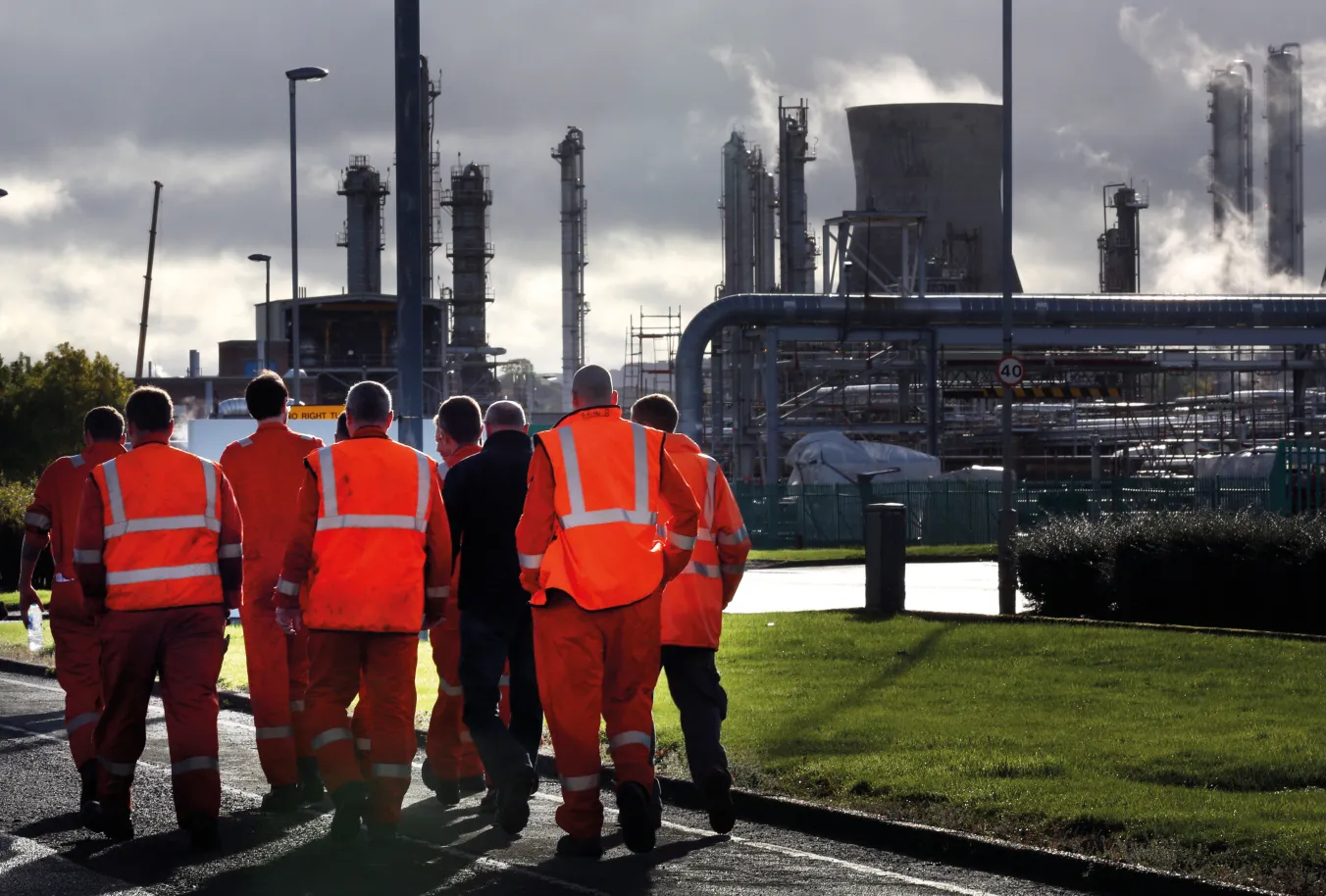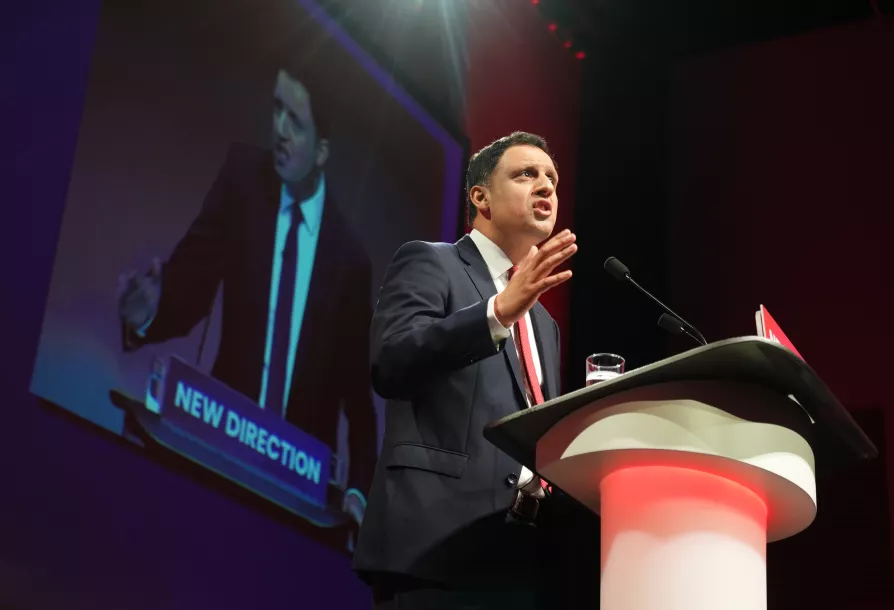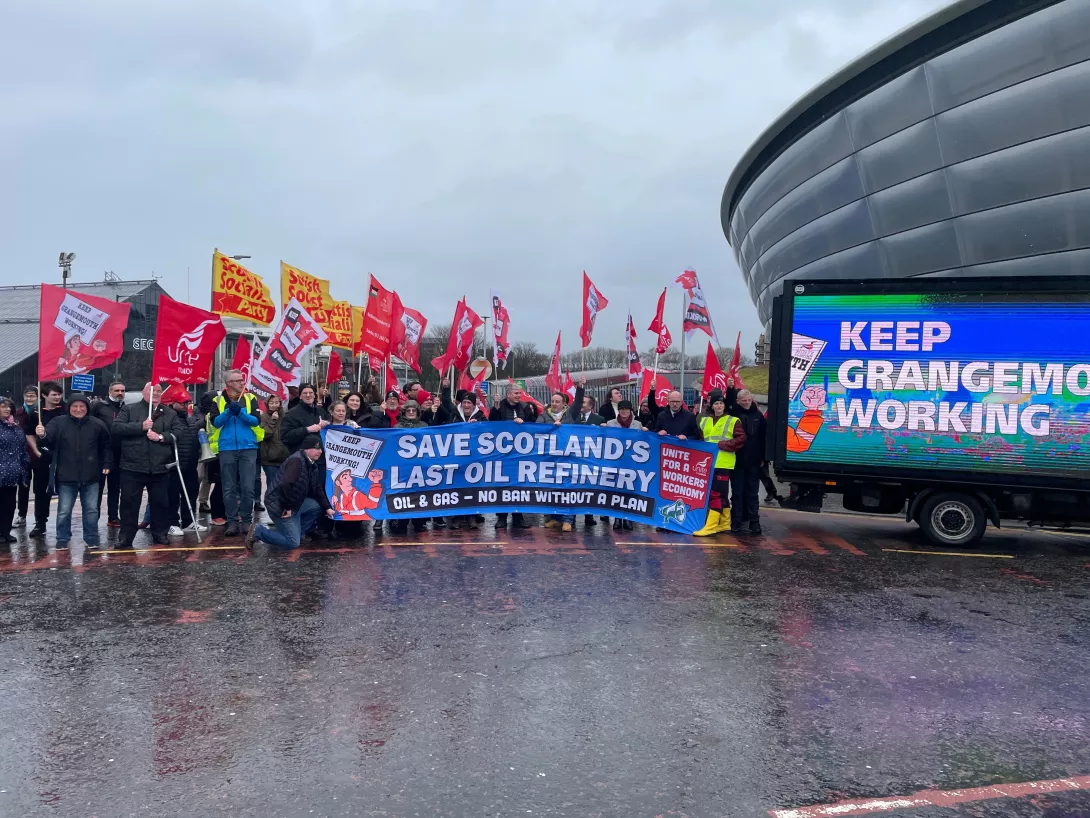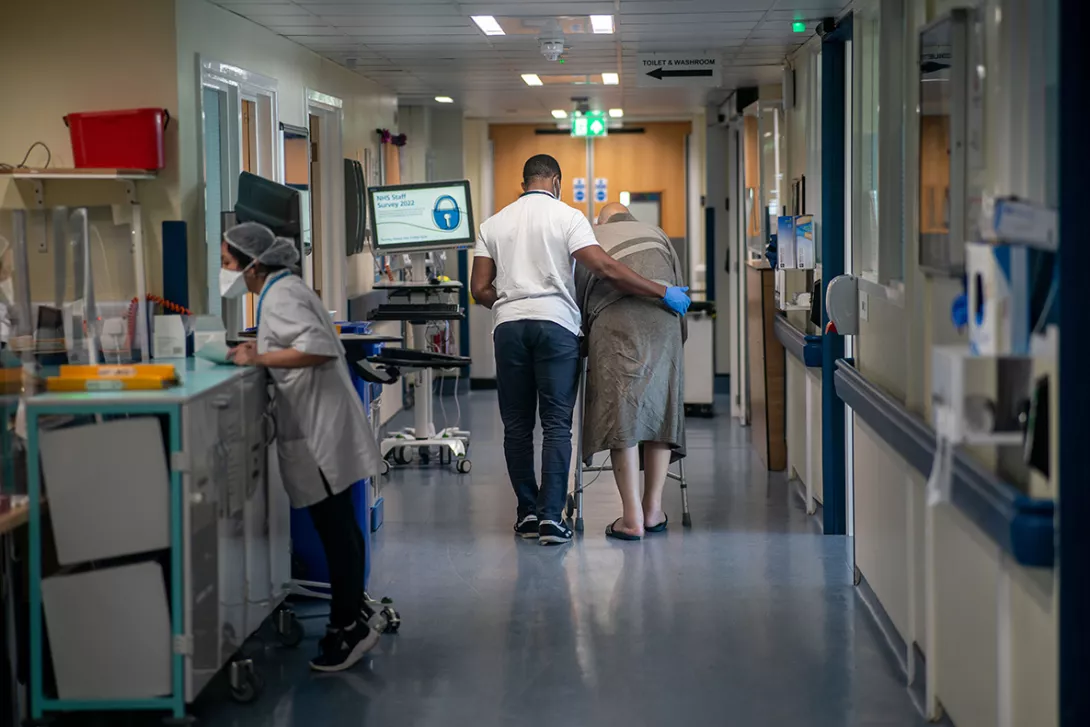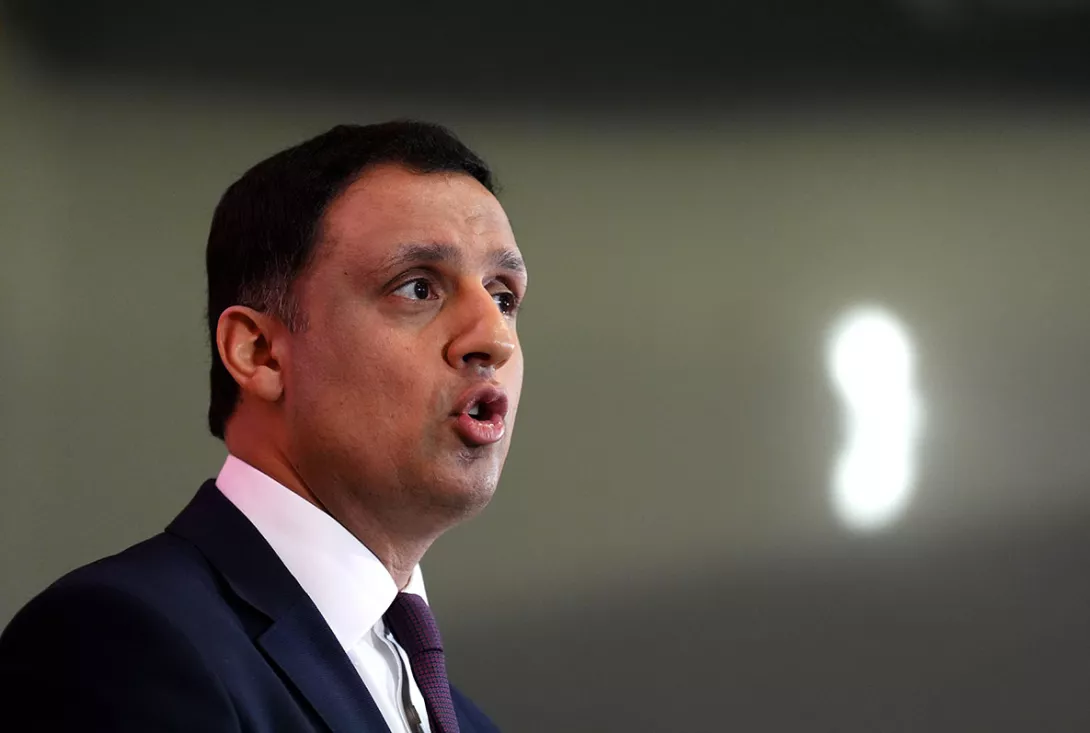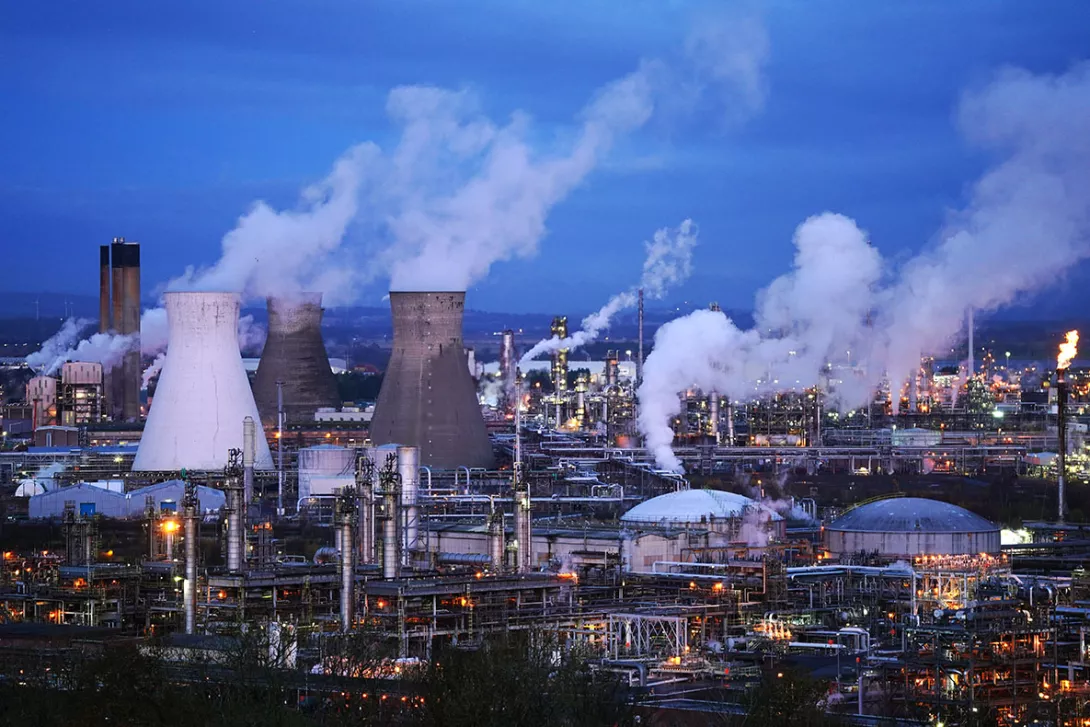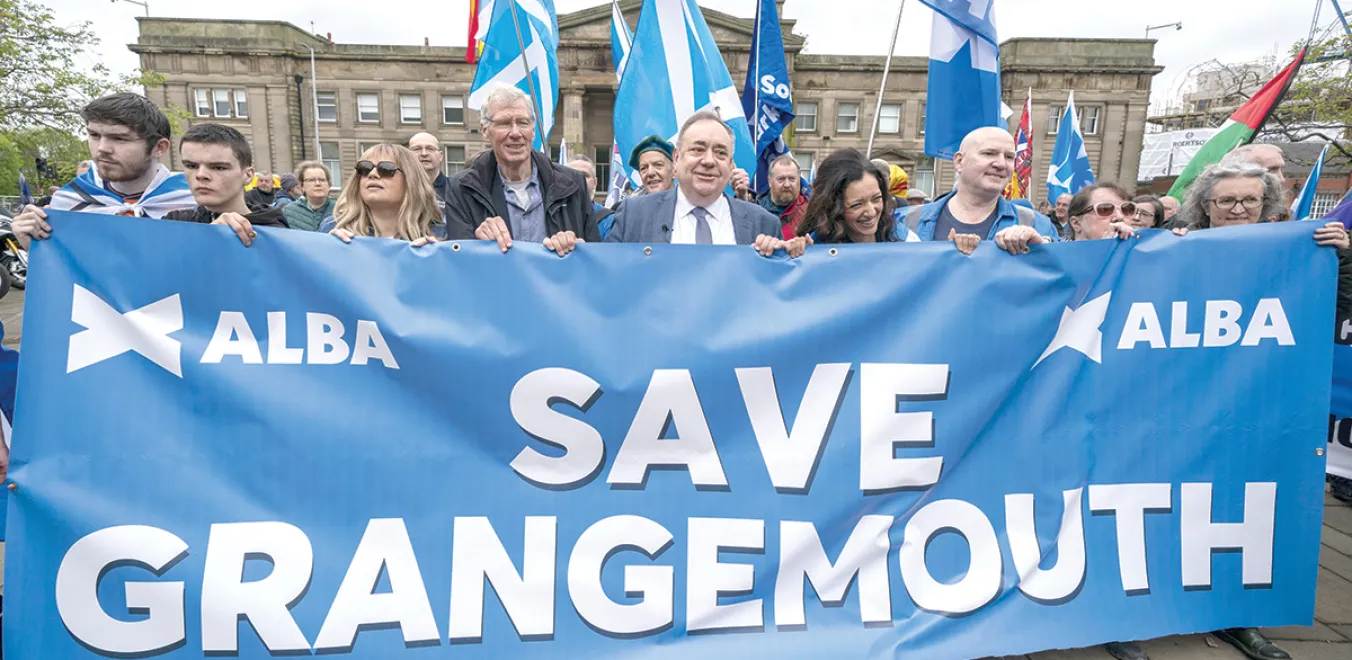
IT WASN’T my first all-nighter. Where, in a universe far, far, away a Thursday night might have begun in a pub and ended up at the dancing — I use that word in the loosest possible sense — for the last quarter-century I’ve drifted into the kind of nerdom that involves going to election counts or propping my eyelids open to watch “commentators” propping their eyes open commentating on polling results that have yet to occur.
It’s all a bit silly. It would all still be there in the morning, but instead, my impatience wishes my sleep away.
The pay-off comes in the spectacle. Watching a world leader having to make an agonising speech accepting his defeat while standing next to a man dressed as an intergalactic bin, or the man about to replace him being congratulated on his victory by a seven-foot Elmo, is utterly ridiculous, but it beats most telly offerings these days.
There seems to be a ritual mention of the “Portillo moment” on these programmes as the talking heads compete with one another to remember where they were on election night 1997 when the man who craved the Tory leadership was consigned to a career of train documentaries — oh how we laughed.
This year’s election has thankfully generated a whole host of new memories, as would-be Tory leaders were put to the sword. Little did Grant Shapps (AKA Michael Green) know when he followed in Portillo’s footsteps into the MOD, he’d meet the same fate at the hands of his constituents, and when Penny Mordaunt lost by a few hundred votes I couldn’t help but remember when she carried that sword of state at the glittering coronation. I’m sure she’ll be able to dine out on that.
We had to wait until 6am for Liz Truss to fall, wearing her hallmark vacant countenance — maybe all that cheese she used to boast of exporting was fuelling a dream of more tours with the Trumpsters, who knows what goes on in that head?
The outgoing Scottish Tory leader’s loss was perfect though. Just weeks ago, Douglas Ross was adamant he would stand down from Westminster, and instead focus all his time on his job as leader of the opposition in Holyrood.
Instead, at the last possible moment, he effectively deselected a sick colleague to stand in a notionally safe Tory seat. Outcry in his party would force him to announce his intention to stand down as leader, but in a beautiful twist, he lost the seat.
This loss will probably be forgotten among the carnage of election night 2024, but more than Truss, Mordaunt, or Shapps, I can think of no better demonstration of Tory values.
All of these people will be fine though. Ross is still an MSP when he’s not running the line in Scottish premiership football, and the others will collect directorships and fat cheques on lecture circuits — being in Parliament was great for their CVs.
While the lobbyist chat becomes increasingly feverish on election coverage, and with every passing year the ludicrous graphics increasingly resemble the set of The Day Today, out in the real world other thoughts are sojourning.
My election day started on a wander to Grangemouth. Home to Scotland’s only oil refinery, it’s a town trying to survive under the cloud of the Ineos plant’s imminent closure. The future of the site, the town, and the workers couldn’t be more important, it stands at the very centre of the debate on a just transition away from fossil fuels.
